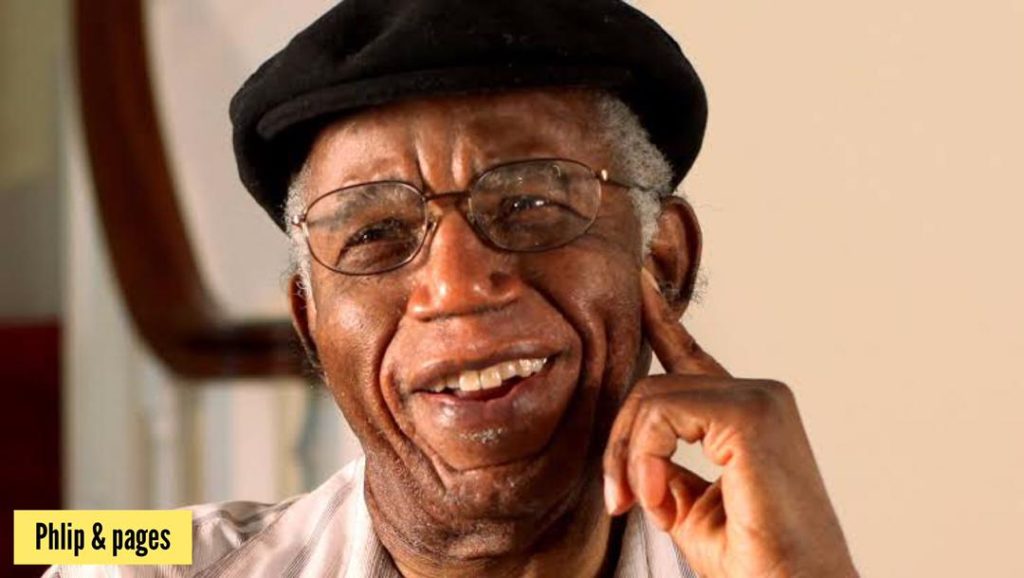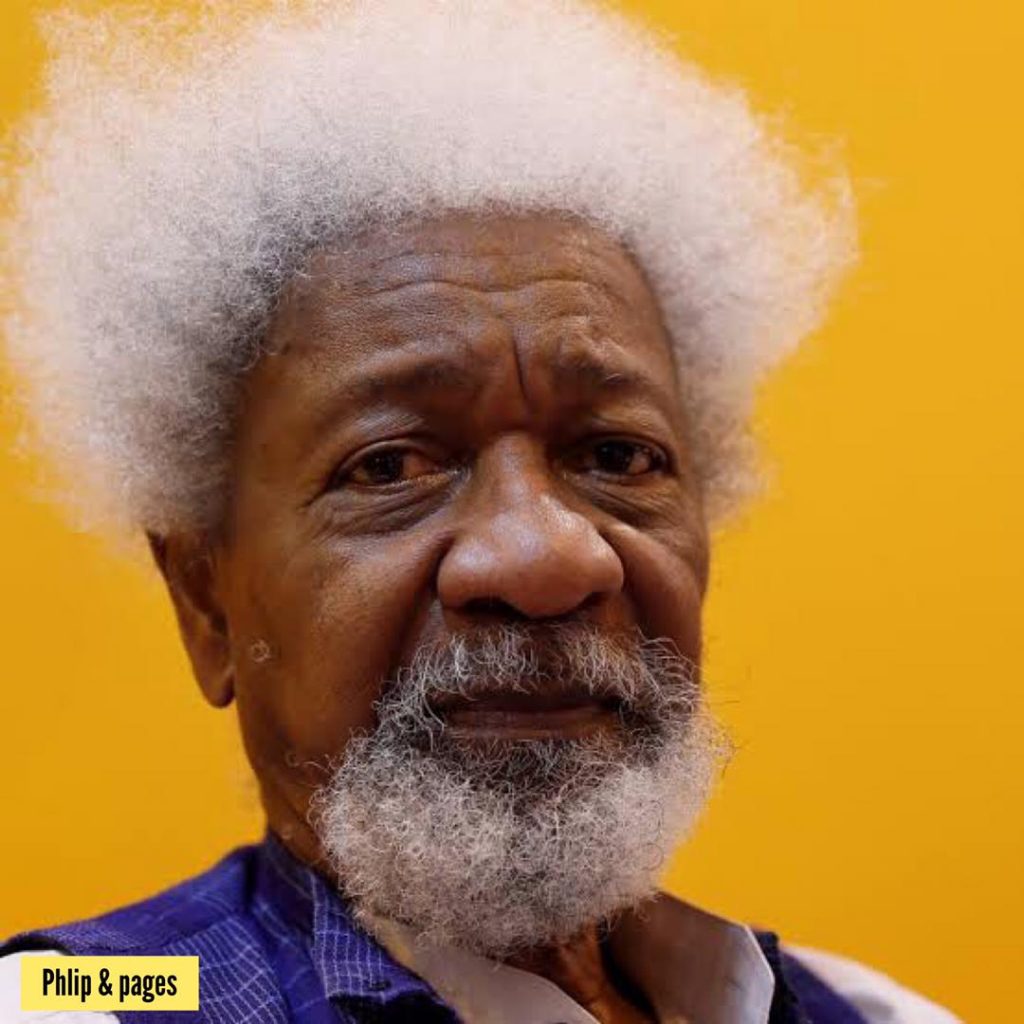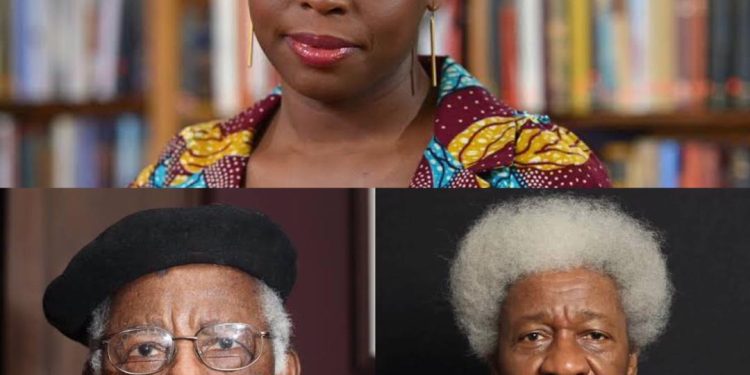Nigerian literature has a rich history, dating back to pre-colonial times when oral traditions were used to pass down stories from one generation to another. Today, Nigeria is known for producing some of Africa’s most prominent writers whose works have been celebrated globally.
One notable author is Chinua Achebe – best known for his novels like “Things Fall Apart” which explores themes around cultural identity & colonialism; he was also a literary critic who championed African literature as having significant contributions towards shaping global narratives about Africa beyond stereotypes often seen in western media outlets today.

Another renowned writer is Wole Soyinka – recipient of Nobel Prize in Literature which recognized his contribution towards enhancing understanding between cultures through his plays & poetry- highlighting key social issues affecting people across various societies including Nigeria where he hails from originally .

Other notable contemporary authors include Chimamanda Ngozi Adichie whose books such as Americanah or Half of a Yellow Sun offer readers insights into life experiences lived by Nigerians at different points throughout country’s tumultuous history marked by coups d’états , civil wars among other political upheavals that shaped how its citizens view world today.

The literary tradition in Nigeria continues to thrive with new voices emerging every year. Some upcoming writers are using digital platforms like blogs or social media sites (e.g., Twitter) to share their work with wider audiences while others are taking advantage of self-publishing options available online thereby bypassing traditional gatekeepers found within publishing houses creating opportunities for more diverse storytelling styles outside mainstream channels.
In addition to fostering creativity, Nigerian literature has played an essential role in promoting national identity and pride amongst its citizens too . It highlights unique aspects associated with living within multiethnic society constantly evolving over time marked by changes ranging geographically due migration patterns observed across various parts country shifting cultural norms & values thereby creating opportunities for new genres or themes to emerge within literary scene.
In conclusion: Nigerian literature has played an integral part in shaping the country’s cultural identity, showcasing diverse perspectives and experiences of its citizens. With a rich history dating back centuries ago till date; we celebrate writers past-present whose works have challenged stereotypes about Africa while promoting shared humanity across borders- inspiring younger generations to continue exploring their unique voices through storytelling too.
















